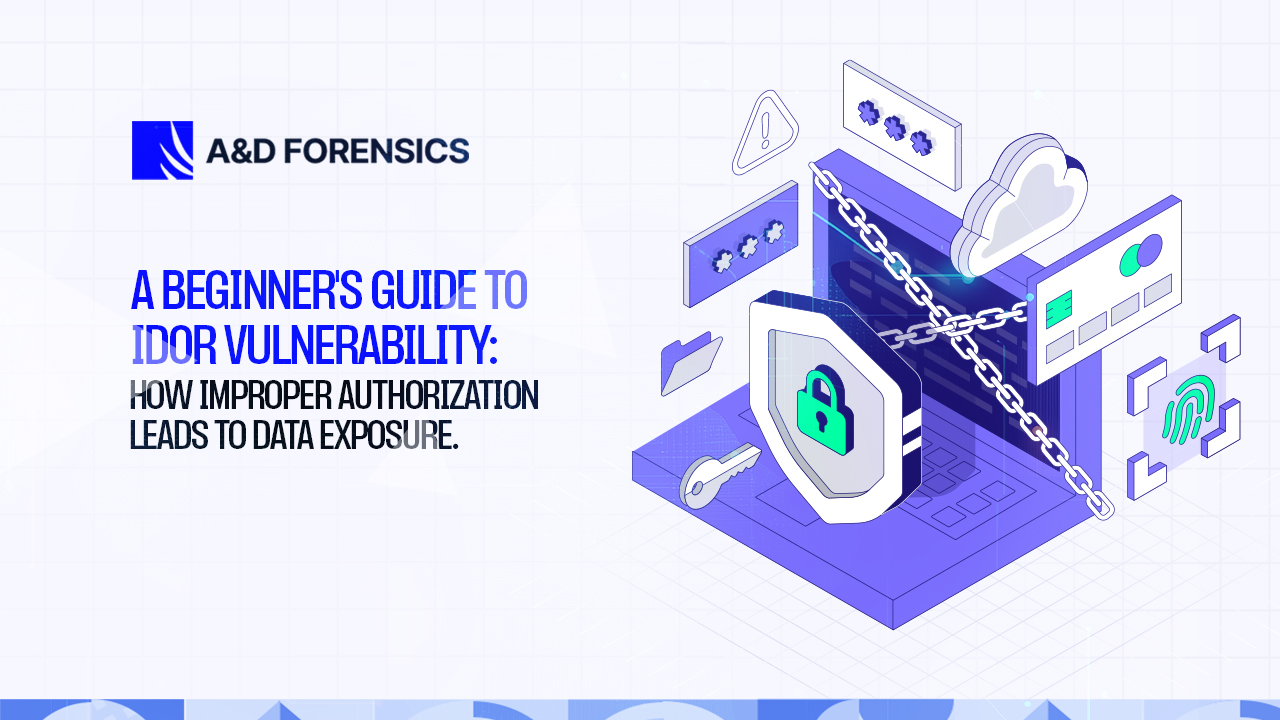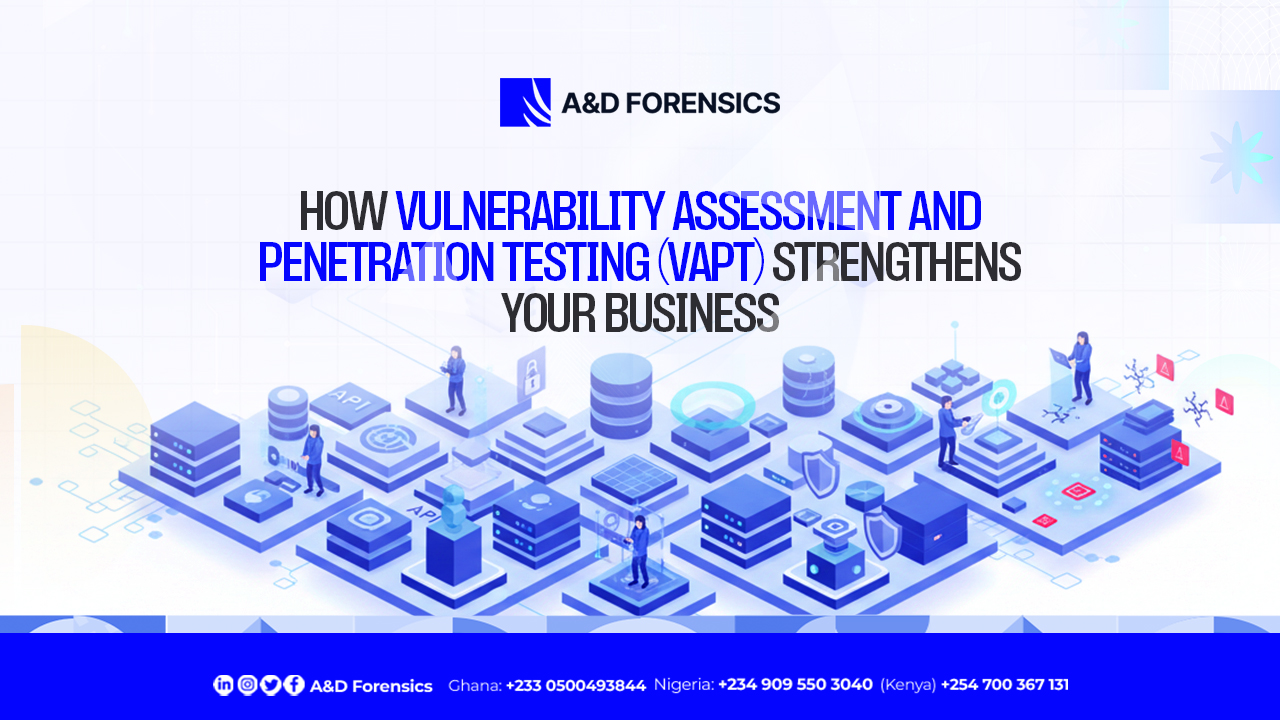Artificial Intelligence (AI) has revolutionized various sectors, and cybersecurity is no exception. AI’s potential to enhance threat detection, automate responses, and improve overall security measures is undeniable. However, with great power comes great responsibility, and AI also introduces significant risks in cybersecurity. Recent findings from top solution providers such as IBM Security shed light on these risks and offer valuable insights into navigating this complex landscape.

The Dual-Edged Sword of AI in Cybersecurity
AI’s ability to process vast amounts of data and identify patterns is a game-changer for cybersecurity. However, this same capability can be exploited by malicious actors. Understanding the dual nature of AI in this context is crucial for developing robust defenses.
The Pro’s
AI’s primary contribution to cybersecurity is its exceptional ability to detect threats and respond swiftly. Unlike traditional rule-based systems, which struggle to adapt to the constantly changing tactics of cyber criminals, AI leverages machine learning algorithms to analyze extensive datasets in real time. This allows AI to identify anomalies and potential threats efficiently, enabling rapid detection and prompt, proactive responses. Such capabilities are crucial in preventing data breaches and mitigating the impact of cyber attacks.
The Downside
The rapid development of AI technology has led to the emergence of more sophisticated cyber threats. Cybercriminals now leverage AI to design highly advanced and evasive attacks. AI-driven malware, for instance, can adapt to the target environment, making it extremely challenging to detect and counter. According to a post by IBM linked to Business Wire, 75% percent of cybersecurity professionals witness an increase in cyber attacks with 85% attributing this to the use of generative AI by bad actors.
The most critical aspect of this evolving threat landscape is the adaptability and sophistication of AI-enhanced attacks. Unlike traditional methods, these attacks can continuously learn and evolve, posing a significant challenge for cybersecurity defenses. This dynamic nature of AI-driven threats necessitates the development of equally advanced and adaptive security measures to protect sensitive data and systems effectively.
AI Enabled Attack Types
Adversarial Attacks
These involve manipulating AI systems to produce incorrect outputs. For instance, attackers can introduce subtle perturbations to data that cause AI models to miss-classify malicious activities as benign or acceptable. Microsoft twitter chatbot that was released in 2016 but latter pulled down because it became racist is a good example, this was possible due to it being fed with vulgar tweets by malicious actors.
Data Poisoning
Data poisoning is another significant threat. This occurs when attackers inject false data into the training datasets used to develop AI models. By doing so, they can corrupt the model’s learning process, leading to inaccurate predictions and compromised security measures. An example cited by Cobalt, is that of an AI model that controls a mailing system spam, an attacker could poison this model with misleading data, allowing spams to bypass filters.
Model Stealing
Model stealing involves extracting information about a proprietary AI model, allowing attackers to replicate or reverse-engineer it. This can lead to intellectual property theft and enable adversaries to carry out other malicious activities such as poisoning the training data of the Large Language Model (LLM). A good example will be the research done by Laaso Security, where it found exposed LLM model API tokens belonging to top companies including Meta
Mitigating AI Risks in Cybersecurity
To leverage AI’s benefits while mitigating its risks, cybersecurity professionals must adopt a proactive and comprehensive approach. There are several measures and strategies that can be put in place to enhance AI resilience in cybersecurity.
Robust Training and Testing
Ensuring AI models are trained on diverse and high-quality datasets can reduce susceptibility to adversarial attacks and data poisoning. This include end users system defense based AI such as the them email spam filter, Additionally, rigorous testing under various scenarios can help identify potential vulnerabilities before they are exploited in the wild.
Implementing Defensive AI Techniques
Defensive AI techniques, such as adversarial training and anomaly detection, can bolster the resilience of Defense specific AI models. Adversarial training involves exposing AI models to adversarial examples during the training phase, making them more robust against such attacks.
Continuous Monitoring and Updating
AI models in cybersecurity should be continuously monitored and updated to adapt to evolving threats. This includes regularly updating training datasets and retraining models to ensure they remain effective against new types of attacks.
Vulnerability Assessment of AI Models
It’s unanimously agreed the cybersecurity ecosystem that no system is hundred percent secure, but with consistent Vulnerability assessment and penetration testing, you can discover loopholes before bad actors does.
A&D Forensics offers tailor made Vulnerability Assessment and Penetration Testing for both Startups and established businesses. Reach out today, lets help you check both your native and AI based system for vulnerabilities.
Conclusion
AI holds immense promise for enhancing cybersecurity, but it also introduces new risks that cannot be ignored. This blog post underscores the importance of understanding and mitigating these risks to harness AI’s full potential safely. By adopting robust training methods, implementing defensive techniques, and fostering collaboration, and most importantly conducting VAPT, organizations can navigate the complexities of AI in cybersecurity and build resilient defenses against emerging threats.





